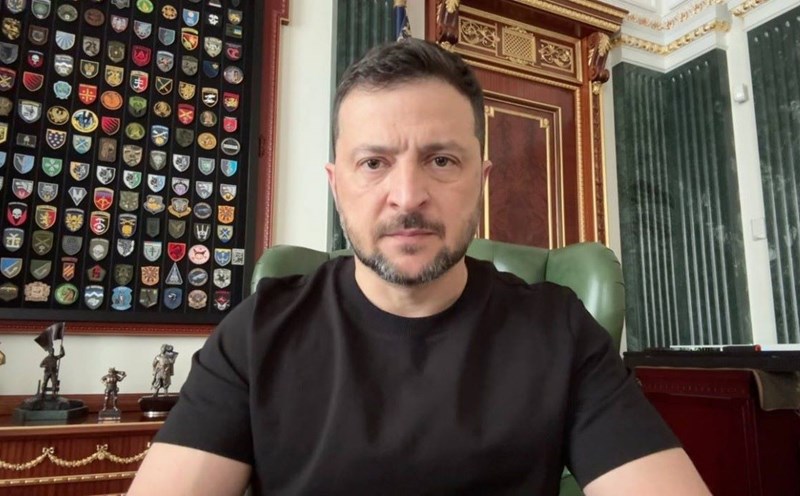Why is iron important?
Iron is an essential mineral that helps the body produce hemoglobin, a protein in red blood cells that plays a role in transporting oxygen to the brain, muscles and other organs. When iron levels decrease, the ability to provide oxygen is impaired, leading to a series of symptoms from fatigue, dizziness, headaches to mood swings and immune decline.
Dr. Colleen Doherty, internal medicine specialist at Wake Forest University (USA) explained: "Iron deficiency not only makes patients feel weak, but also affects mood, concentration and even cardiovascular health".
10 common signs of iron deficiency
Fatigue and difficulty exerting: The body quickly exhausted itself when exercising.
Mood changes, brain fog: Anxiety, irritability, reduced attention and memory.
Headache, migraine: Due to lack of oxygen and neurotransmitter disorders.
Dizziness, loss of balance: Risk of fainting if blood does not provide enough oxygen.
Unusual appetite (pica): Eat dirt, paper, starch or strange substances.
Unstable leg syndrome: lien tuc foot movements, especially at night.
Changes in skin, hair, nails: pale skin, hair loss, weak or deformed nails.
Feeling cold frequently: Poor blood circulation causes cold hands and feet.
Shortness of breath: The heart and lungs need to work harder to compensate for lack of oxygen.
Chest drums: Rapid, strong heartbeat or arrhythmia, increasing the risk of heart failure.
Ms. Karina Tolentino, a nutritionist (RD) at Massachusetts General Hospital (USA), emphasized: "When iron deficiency is prolonged, patients are at risk of developing to anemia, thereby causing serious cardiovascular and neurological complications".
When to see a doctor?
Some signs of iron deficiency may be mistaken for common stress or weakness. However, if you often feel tired, have difficulty breathing, or have headaches and have noticeable changes in your skin, hair, and nails, go to a medical facility for a blood test.
Iron deficiency can be treated with a diet rich in iron-rich foods such as red meat, fish, dark green vegetables, beans and whole grains. If necessary, the doctor will prescribe iron supplementation with the right dosage, avoid arbitrary use to limit side effects.









